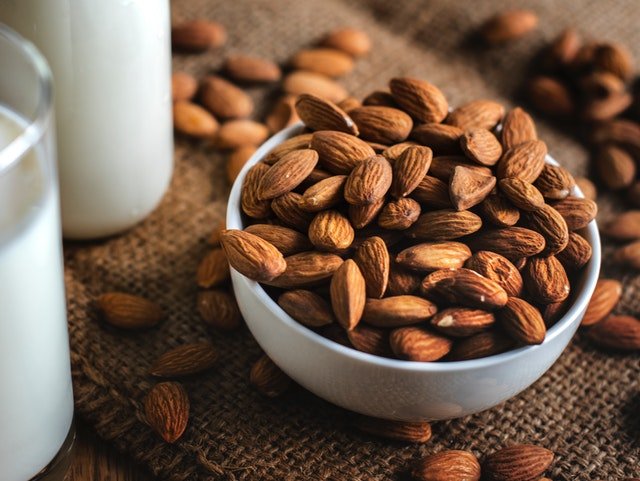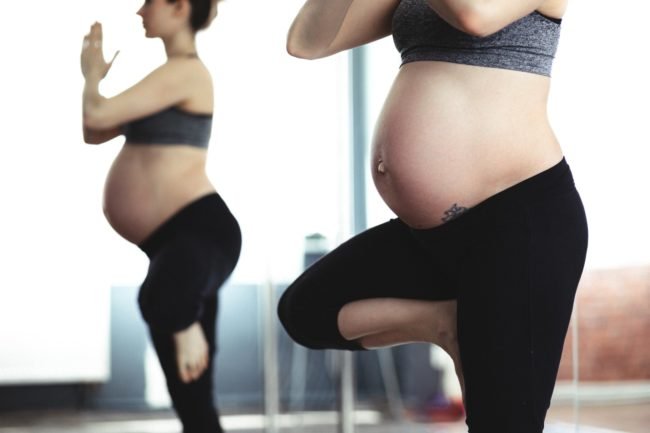It is quite common for women to ask whether they should eat almonds during pregnancy or not.
The answer is a definite yes.
There is a myth that almonds should not be consumed during pregnancy as they produce heat in the body. Well this is not true. The only reason to avoid almonds in pregnancy is if you are allergic to them.
How many almonds are good in pregnancy?
Almonds contain essential fat, protein and important vitamins. Each of these can contribute in making the pregnancy healthy. On a daily basis 4 to 6 almonds daily are enough. In pregnancy up to 20 a day are enough.
Almonds are best consumed by soaking them in water and peeling the skin before consuming. The skin contains tannin, a compound used to keep the nutrients locked in the almond. Peeling off the skin will release the nutrients. Enzymes useful for digestion are also released when the almonds are soaked.
It is common to use raw almonds grated and sprinkled in milk and sweet dishes. It is also soaked and then made into a paste and many sweet dishes are prepared with the paste. They are rich in taste and calories and to be indulged into only occasionally.
Almond milk is also available, it is expensive and recommended for those who have lactose intolerance.
How is almonds good for pregnancy?
Almonds have loads of nutritional benefits. Almonds are a rich source of dietary fat, carbohydrates and fibre. The high protein content in almonds help in the healthy development of muscle mass in a growing baby.
Vitamin E is useful for the development of skin and hair. Vitamins (Folate Riboflavin) and minerals (Magnesium Manganese and Calcium) play an important role in the development of bones, the nervous system, and in preventing pre-eclampsia and neural tube defects.
So do not hesitate and consume almonds during pregnancy for a healthy pregnancy and healthy baby.








